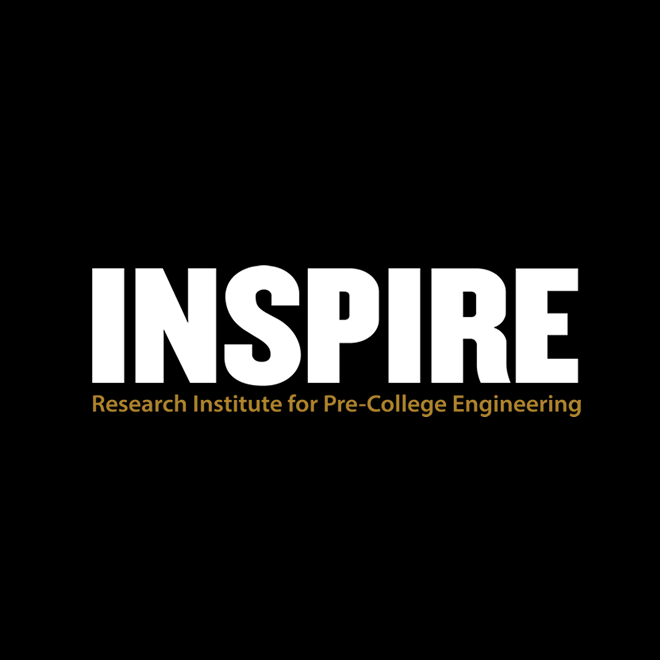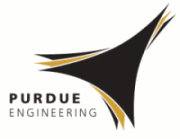Author ORCID Identifier
Amber: 0000-0001-5467-4885
Peter: 0000-0002-3966-9380
Abstract
The culture of engineering and the culture of formal learning environments often make it difficult for individuals to develop an engineering identity. Conversely, recent research points to the home environment as an alternative setting to support disciplinespecific identity development of children, while less is known regarding the identity development of children as engineers. Therefore, the purpose of this study was to explore the development of children’s engineering identity through the co-creation of engineering concepts and engagement with engineering design thinking and processes with family members in home environments during the COVID-19 pandemic. We conducted interviews with nine families—nine parents and 13 children in Grades 3–6. Analysis of the interviews highlighted how situational interest, recognition, self-efficacy, and doing engineering shaped and informed children’s developing identity. For example, child participants expressed heightened situational interest in the engineering design process and various genres of engineering, with some self-identifying as a particular type of engineer based on their interests. Some expressed greater interest in utilizing engineering practices and processes in the future, either as a career or as a hobby. As another finding, child participants discursively enacted and behaved as engineers through their experiences with collaboration, failure, and perseverance. Concurrently, parent participants articulated their child(ren)’s developing engineering identity, particularly in how their children conducted new processes and modeled the thinking and perseverance of engineers. Parents also noted the development of an inquisitive mindset regarding materials and objects in their home and community environments. We argue that the significance of this study lies in the potential to develop children’s engineering identity in home environments beyond the pandemic, as well as inform children’s identity trajectory as engineers as they continue to accumulate traces of an engineering identity over time and space.
Recommended Citation
Simpson, A.,
&
Knox, P. N.
(2022).
Children’s Engineering Identity Development Within an At-Home Engineering Program During COVID-19.
Journal of Pre-College Engineering Education Research (J-PEER), 12(2), Article 2.
https://doi.org/10.7771/2157-9288.1345


